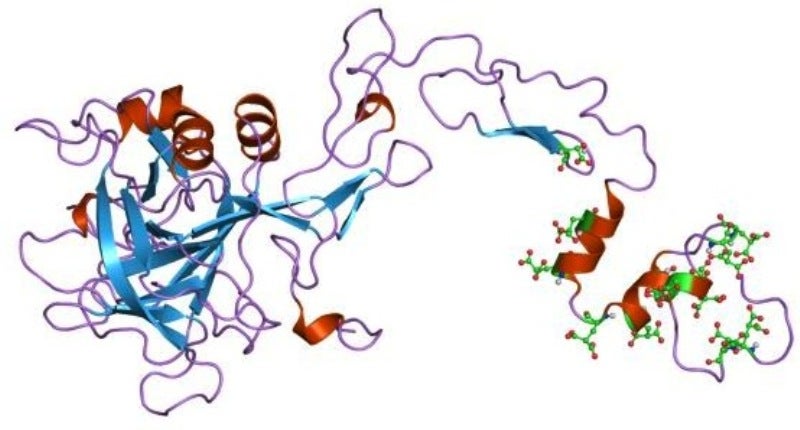
uniQure has treated the first patient in the HOPE-B trial evaluating AMT-061 for the treatment of patients with hemophilia B.
AMT-061 is an experimental AAV5-based gene therapy that contains FIX-Padua variant to treat hemophilia B patients.

Discover B2B Marketing That Performs
Combine business intelligence and editorial excellence to reach engaged professionals across 36 leading media platforms.
HOPE-B is a Phase III clinical trial designed to assess the efficacy and safety of AMT-061.
The trial is expected to enrol around 50 adults with hemophilia B, which is classified as severe or moderately severe.
Patients will be observed for a period of six months to allow them to continue to use their current standard of care to establish a prospective comparator.
They will be treated with a single intravenous administration of AMT-061 following the completion of the six-month lead-in period.

US Tariffs are shifting - will you react or anticipate?
Don’t let policy changes catch you off guard. Stay proactive with real-time data and expert analysis.
By GlobalDataThe primary endpoint of the trial is the evaluation of Factor IX activity 26 weeks after AMT-061 dosing.
Secondary endpoints comprise annualised bleeding rate (ABR) and usage of Factor IX replacement therapy for 52 weeks, as well as other efficacy and safety parameters.
Patients are expected to be followed for five years after the treatment.
uniQure CEO Matt Kapusta said: “Our mission in hemophilia B has always been to be first to market with a best-in-class gene therapy.
“With the initiation of the dosing phase of our pivotal study for AMT-061 and the data generated to date in our Phase IIb study, we believe that we are on track toward our goal of developing the first gene therapy that provides durable, functionally-curative benefits to nearly all patients with hemophilia B, without the complications associated with capsid-related immune responses or the need for immunosuppression therapy.”





